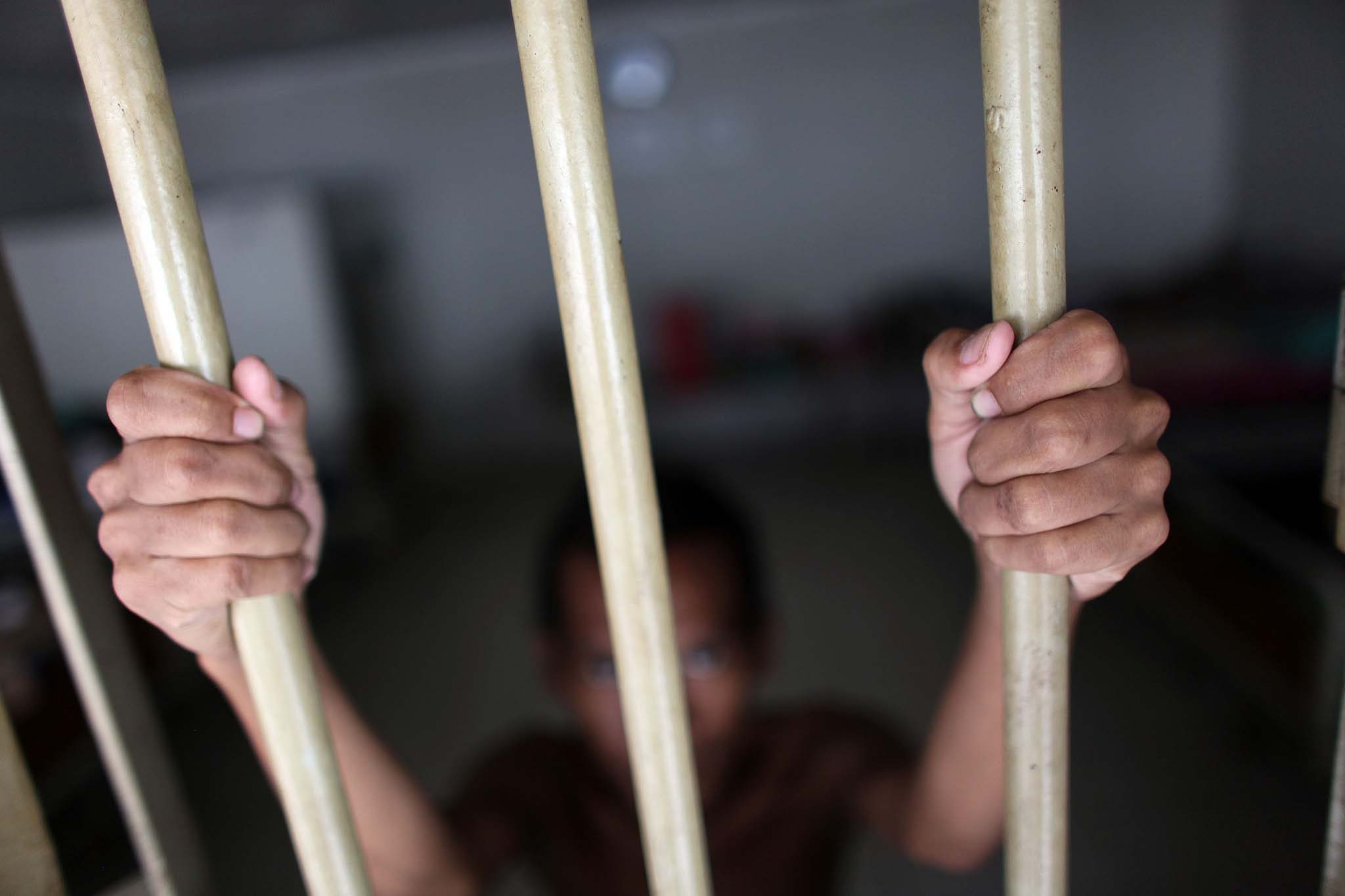
Recent proposed changes to a law governing the operations of Qatar’s National Human Rights Committee (NHRC) only serve to highlight deficiencies within the organization, a local legal expert has said.
This week, Qatar’s Advisory (Shura) Council approved amendments to draft legislation that affirm “the (NHRC) has complete stability in practicing its activities regarding human rights,” according to Al Raya.
Speaking to Doha News, former Qatari justice minister and practicing criminal attorney Dr. Najeeb Al Nuaimi slammed the amendment, saying that the wording was confusing and had no legal interpretation or definition.
He particularly criticized the use of the word “stability,” saying: “Not using the word ‘independence’ (casts) doubt that (NHRC) is really not independent.”
Government influence
The NHRC was established in 2002 to protect and promote human rights in Qatar.

In previous years, it has issued reports criticizing the government’s sponsorship (kafala) system and calling for its improvement.
It has also urged implementing more restrictions on senior government officials to guarantee their transparency and monitor their performance, and called for a law to govern Qatar’s first legislative elections in 2013 (which ultimately didn’t take place).
But the body has faced criticism before for its lack of effectiveness, in part due to the funding it receives from the government and its organizational structure.
Currently, the NHRC consists of 11 members, according to its website.
Law No. 17 of the year 2010 states that the committee must be comprised of “no less than” seven civil society representatives who are experienced human rights advocates, and one representative each from four government bodies, including the ministries of Interior (MOI), Foreign Affairs and Labor and Social Affairs.

This week, the Advisory Council said it was also considering changing the composition of the NHRC by adding a representative from the Ministry of Justice to fill the seat vacated by the Supreme Council For Family Affairs, which was dissolved last year.
That means if the legislation is approved, the new law would increase the number of ministries represented in the NHRC to five.
Al Nuaimi criticized this move, saying it would give the government even more power to interfere in the committee’s decisions:
“(The NHRC) should represent civil society, not the government….there is not even one human rights lawyer in this committee,” he said.
”How can the Interior Ministry be a member in a Human Rights committee, when it’s responsible for arresting human rights activists in Qatar?” he asked.
Other amendments that would be added to the legislation would include a provision that NHRC members not be subjected to any legal investigation or disciplinary action for expressing their opinions, and that they not be punished for giving statements in front of the rights group’s committees or sub-committees.
Additionally, under the draft law, authorities would not be allowed to enter or search any of the NHRC’s offices without a court order and the presence of the public prosecutor, unless one of its members is caught performing an illegal act.
According to Al Nuaimi, these amendments only reiterate rights that are already afforded to residents of Qatar.
The attorney, who defended Qatari poet Mohammed Rashid al-Ajami (Ibn Al-Dheeb) following the uploading of some of his critical poetry onto YouTube, continued:
These are part of the “general rules that (already exist) in our legal system,” he said, adding that people should not be arrested or charged for expressing their opinions.
“The reality is we have no human rights committee,” Al Nuaimi concluded.
Thoughts?







